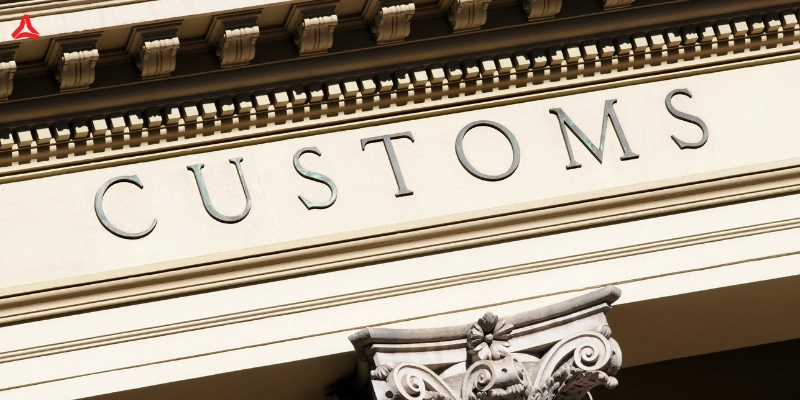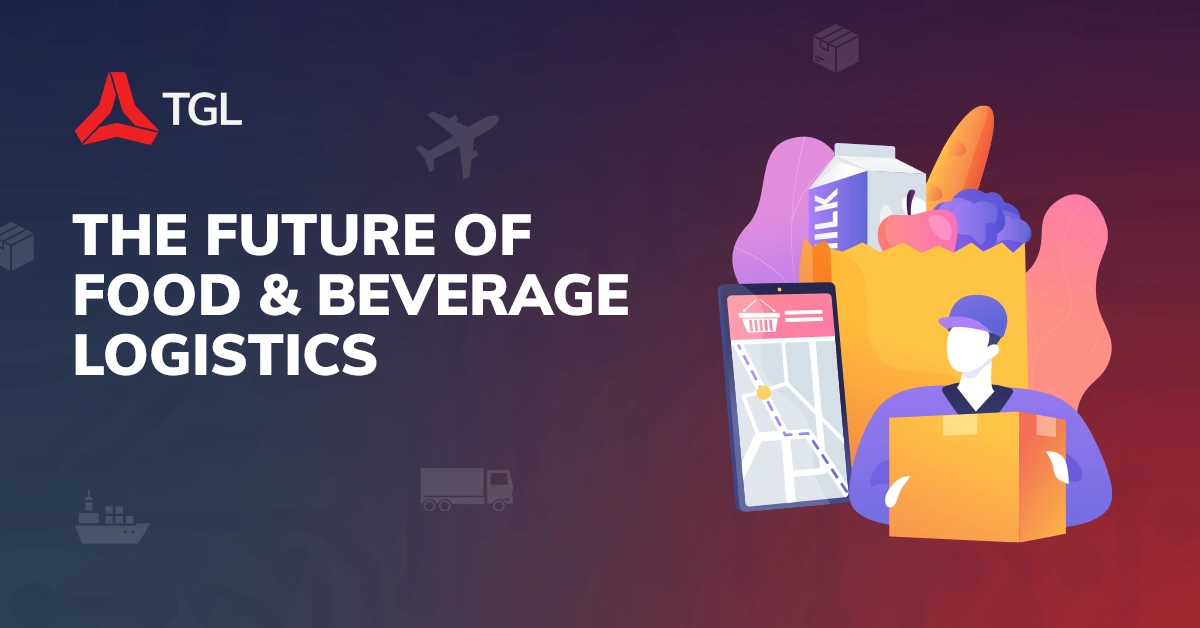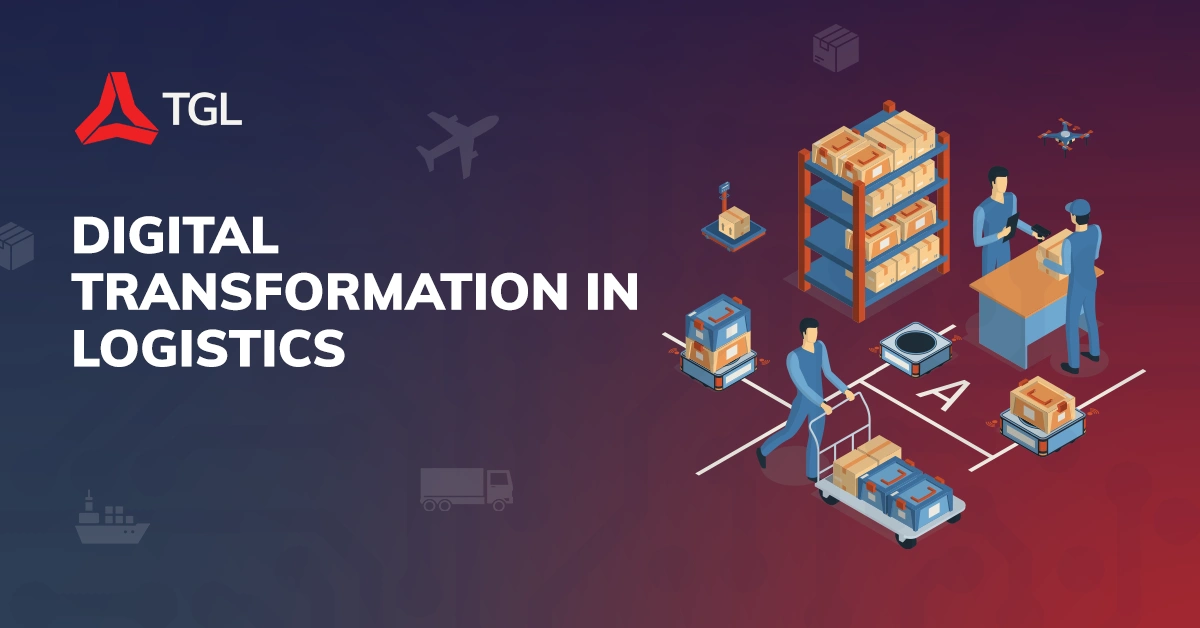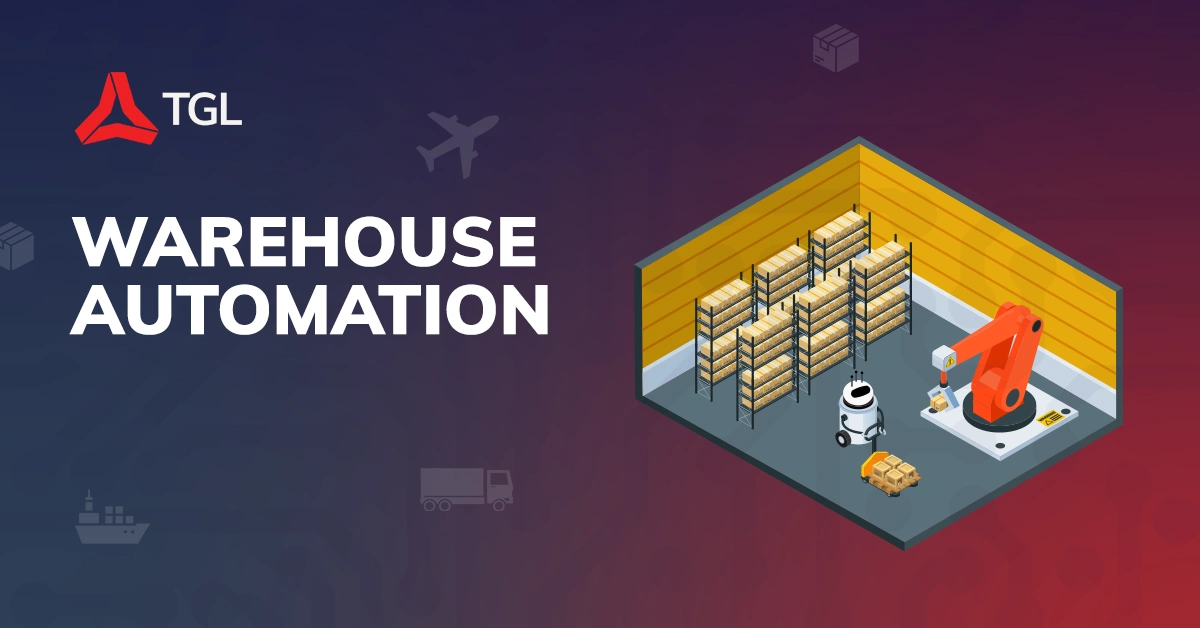All About Customs Clearance, A Guide By TGL

One of the most critical parts of the freight forwarding process is customs clearance; it ensures the smooth flow of freight when importing and exporting. Customs clearance involves collecting documentation and facilitating the movement of cargo in and out of a country. A clearance check is required in both the origin and destination country; goods must be cleared before leaving the country and before your cargo arrives at the destination.
Every country has different regulations; it can be challenging to plan when shipping internationally; therefore, it is essential to find a freight agent to help with the whole process. When shipping cargo around the world, freight forwarding agents could prove to be a vital asset, they understand all the ins and outs of shipping and customs clearance procedures which will save you time and frustration.
Customs clearance process
Customs brokerage is an integral part of moving good around the world. Government bodies worldwide implement policies related to import and export to ensure that goods entering the country are safe and protected. There are many things to consider when transporting goods in and out of a country, every country has different regulations, and some goods require extra processing. While the process changes depending on country/product, some mandatory procedures must be followed no matter where in the world you are.
Before a shipment leaves the destination country, there are a few obligations that need to be met.
- The first thing your company must do is register with the customs department of your country and obtain the necessary licences and permits. The next step is to fill the shipping bill with all the required information such as country of origin/destination, HS code, value and weight of products. The exporter must also find out whether the goods are restricted/dangerous/prohibited and obtain cargo-specific certificates.
- After the shipping bill is completed, a customs officer verifies the shipping bill to ensure all details and documents are correct.
- Pay any taxes or fees; depending on the conditions and payment terms of the shipment, you may have to pay taxes. If a shipment is labelled as Delivery Duty Paid (DDP), taxes have already been paid, and if the shipment is labelled Delivery Duty Unpaid (DDU), payment must be made before the shipment is cleared.
- Shipments are released Once everything is verified and all tariffs have been paid. If all documentation, duties, and surcharges are handled correctly, the products can be sent to their final destination.
- When the goods arrive, another verification process is required; customer officers check all the necessary information, as previously mentioned. If the goods don’t meet requirements, customs may inspect goods, and your shipment may not pass customs. However, the shipment is sent for the “last mile” journey if the inspection is clear.
|
BE AWARE! Customs might decide that the goods require a deeper inspection, examination and scanning. This could be to verify that the goods. Depending on the results of the examination, the goods might be cleared for export, detained, or rejected. |
Key factors to remember
International trade laws are constantly changing because the market is fluid, and it can be challenging to keep up to date. The previously used technique may not work the next time you use it. A free trade agreement is integral to international trade; it reduces tariffs between countries. Each country has its own set of foreign trade laws, so it is essential that you have a basic understanding when shipping around the world.
Make sure your parcel is appropriately packed; a well-packed consignment will be processed quicker and will be less prone to damage.
Another critical thing to remember is the nature of cargo; if you are shipping dangerous goods, food products or restricted items, they must fulfil specific conditions and documentation.
Customs clearance requires a lot of paperwork from the importer/exporter; you must ensure they are accurate and submitted on time to ensure smooth processing. Some of the vital documents are as follows:
- Shipping Bill
- Commercial Invoice
- Bill of Lading
- Bill of Entry
- Import/export licences
- Certificate of Origin
How TGL can help
At TGL, we hand-pick our customs brokers and ensure they are well-versed, experienced, and the best at helping us help our clients. Our services ensure that freight is transported with compliance and in a manner that reduces cost and time. TGL designates one point of contact for each client to assist with company compliance throughout the freight forwarding process. We maintain fast and efficient communication and offer freight services across the globe. Our devoted team will collaborate with you to develop the best strategy to provide the best specialised freight services based on your needs.
As an Australian Trusted Trader, we can lend our experience and knowledge to ensure your items go through customs securely and smoothly. Our specialists will help guide you on all the necessary documents, such as certificate of origin, commercial invoice and shipping bills, to ensure they are submitted correctly.
| At TGL, we offer business to business logistics services, including sea freight, air freight, domestic freight, warehousing, and customs clearance to all industries. Get a quote today. |
| If you require further information about us and the services we provide, book a free no-obligation consultation session with our logistics professionals. |


